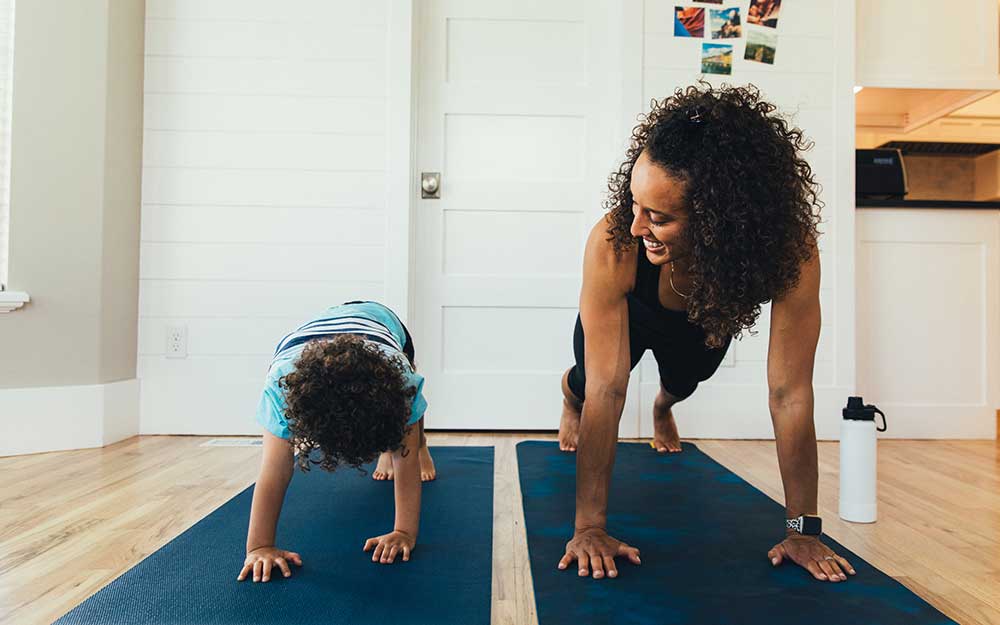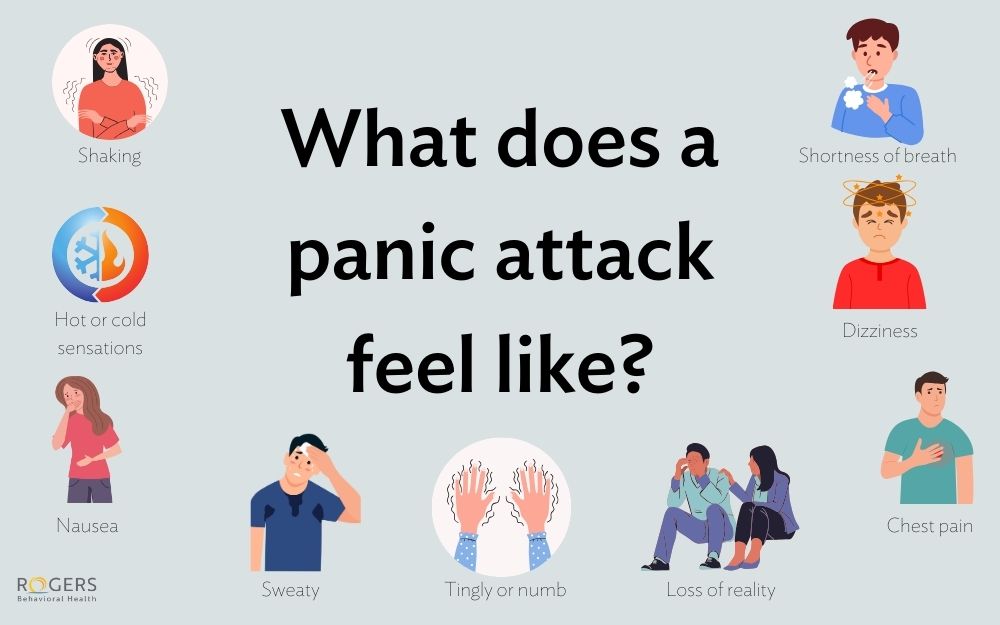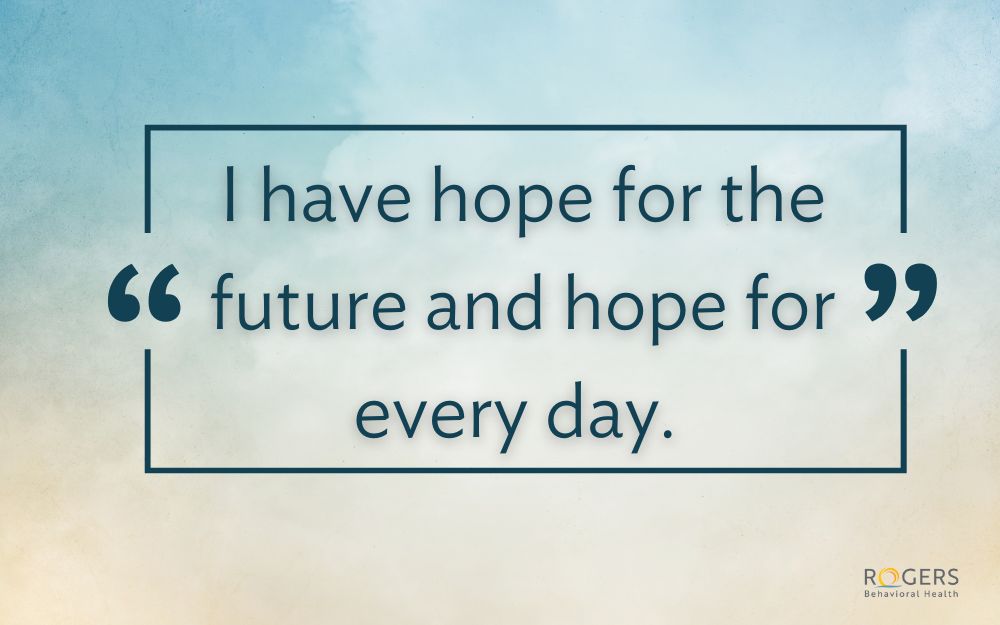Why now is a great time to start self-care
Posted on 02/18/21 02:32:pm
Share this article:
Self-care is one of those buzzwords that can seem cliché, but it is a critical part of tending to your mental health.
“We all need certain things to feel good physically—nutrition, hydration, sleep, and exercise,” says Stacy Shaw Welch, PhD, licensed clinical psychologist and clinic director at Rogers Behavioral Health in Seattle. “Our mental health is just as important. Our minds need connection, a sense of pleasure, and accomplishment. If we don’t practice self-care, over time we can become like a wilted plant.”
Defining self-care
Dr. Welch explains self-care is not one-size-fits-all.
“Self-care is doing the things that are unique to you to take care of your body and mind. Consider what you do to care for people you love, and how you figure out what they need to feel good. Think about yourself in the same way,” says Dr. Welch. “What I like to say to people when they ask why they need self-care is, ‘Why not? You’re a human being and your needs are important. Don’t you deserve care, too?’”
Dr. Welch says if you’re practicing self-care and aren’t experiencing any improvement in your mood, you might ask yourself a few questions.
“Is what you’re doing what you really need? Maybe you’re taking bubble baths when what you really need are words of encouragement from a friend. Remember, the effects of self-care might not be immediate, especially if you’re in chronically stressful situations. Self-care is important to continue because it will make your mind healthier and make you more resilient and stronger in the face of adversity.”
Why winter is a great time for self-care
If you are not in the habit of self-care, the prolonged isolation and uncertainty surrounding the pandemic combined with the winter months make it a great time to start.
“The shorter days and reduced sunlight in winter can really affect us,” says Dr. Welch. “Our bodies can produce too much of the hormone melatonin, which can cause you to feel sleepy. At the same time, we can have less active “feel good” neurotransmitters, like serotonin. It’s easy to get into a vicious cycle. You can be so tired you don’t get exercise, and not getting exercise can make you feel more sad and tired. Make a self-care plan that includes regular physical activity, as much natural light as possible, and safe social connection.”
Teaching self-care to children
Dr. Welch shares that while you’re practicing your own self-care, it’s a perfect opportunity to teach your children.
“If you need to sit quietly for a few minutes to gain calm and composure, share what you are doing by saying that out loud,” suggests Dr. Welch. “It shows children what self-care is and that it’s okay to do it. You can also invite them to join you. If you’re not sure what self-care looks like for your kids, ask them to imagine they feel really good and have them tell you what they’re doing in their imagination.”
How Rogers can help
If you or a loved one is struggling with mental health, Rogers offers compassionate and evidence-based care for children, adolescents and adults across the country. Call 800-767-4411 or request a free screening.
“At Rogers, we help take care of you until you are able to take care of yourself,” says Dr. Welch. “Our teams include therapists and behavior specialists who help you figure out new ways of coping and work with you to create your own toolkit of lifelong skills. When it comes to mental health and self-care, we forget we are worthy of care and attention—but you are worthy, and getting that care is huge.”



